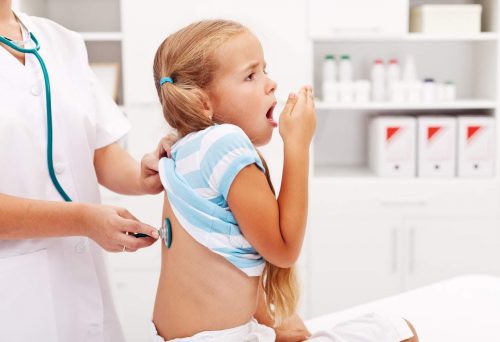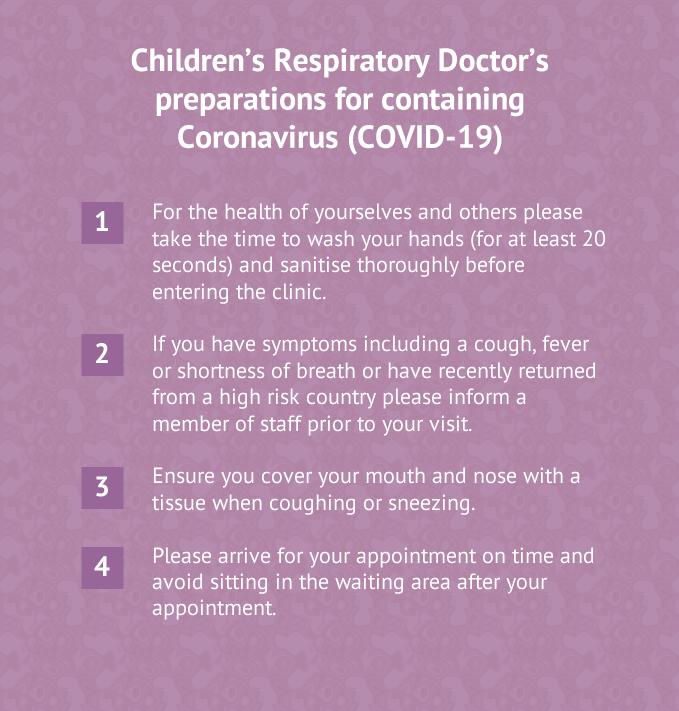Colds and infections are very common in children especially during the winter months. It is very easy for germs to spread in coughs and sneezes or when they are left behind on toys at playgroups or schools. It isn’t possible to stop the spread of colds altogether but there are some steps you can take to reduce the chances of your child being infected or of spreading their own germs to other children. Preventing infections from spreading is particularly important for young babies and others who are more vulnerable to complications if they catch something.

Avoid Contact While Colds Are Contagious
We don’t always know when we’re contagious as we can spread some infections even before we start to notice symptoms. However, it is possible to reduce the number of people who catch our germs by staying home or avoiding contact with the most vulnerable people when we are ill. Coughs and sneezes are particularly good at spreading germs. If your child is ill then it is best to keep them at home to avoid spreading the infection further.
You can also take steps to avoid catching infections from other people when they are ill. You should try to prevent your child from coming into close contact with anyone who is likely to be contagious. This is especially important when your child is very young or if they have any underlying health conditions.
Catch Coughs and Sneezes
Coughs and sneezes are the main culprits when it comes to spreading germs. You should teach your child to cover their mouth as soon as they are able. The best way to catch the germs is to use a tissue. Ideally, the tissue should be put in the bin right away and your child should wash their hands to get rid of any remaining germs.
Many germs can live on surfaces for some time, especially during the cooler winter months. If your child sneezes or wipes a dirty hand onto any toys or surfaces, they should be wiped clean to get rid of the germs. It is particularly important to do this if there are other young children around who are likely to put the objects into their mouths.
Wash Hands
One of the most common ways to catch a cold is by touching something that is carrying the germs and then touching your face or food. Children can also spread their own germs through their hands, especially when they haven’t learned how to deal with sneezes or runny noses yet. If they touch other people or objects then they can easily leave germs behind.
Washing hands thoroughly with soap and water can dislodge any germs so that they don’t spread to other people or get into your body. It’s a good idea to get your child to wash his or her hands regularly, especially when someone is ill. Handwashing is particularly important before handling food as it is very easy to transfer germs to our mouths if our hands aren’t clean.



